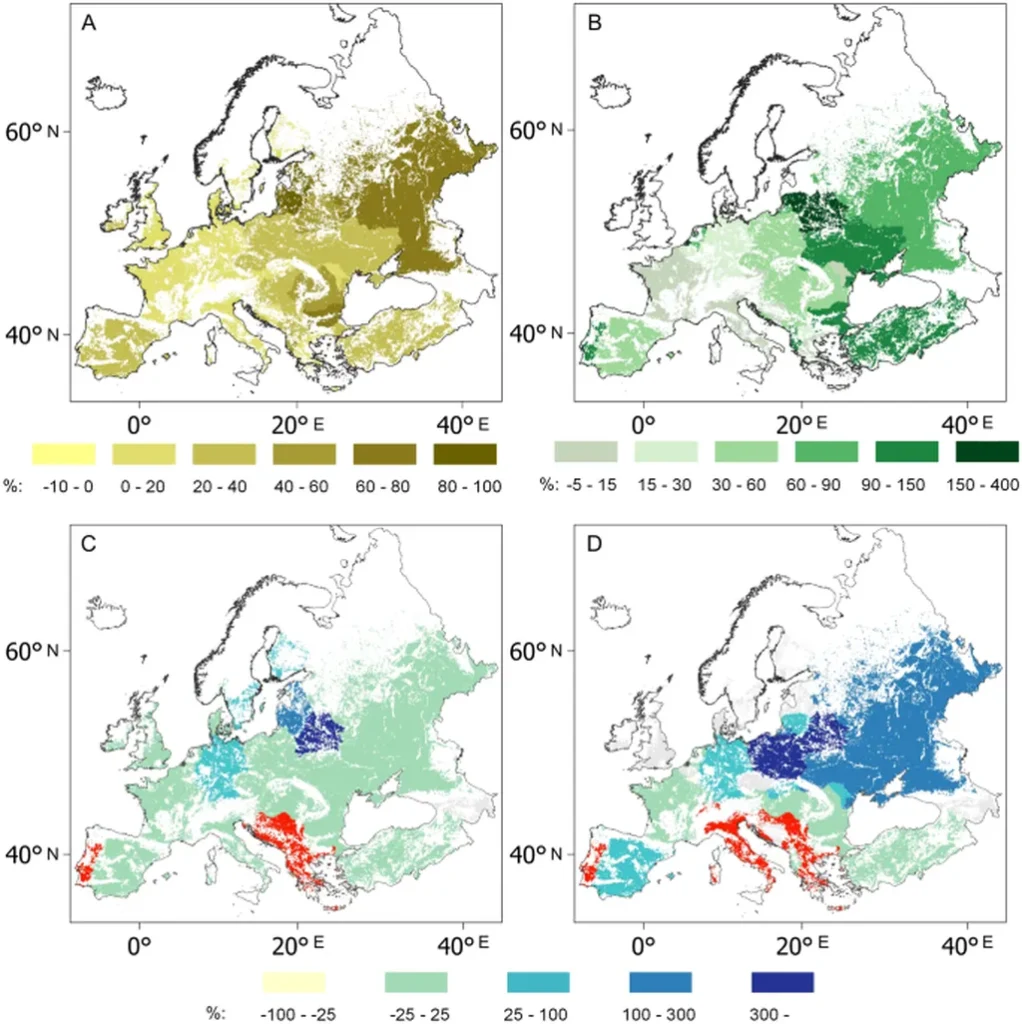In the heart of Europe’s diverse agricultural landscape, a pressing question echoes through fields and boardrooms alike: how can wheat cultivation become more sustainable? A recent study, led by Alicia Morugán-Coronado of the Sustainable Use, Management and Reclamation of Soil and Water Research Group at the Universidad Politécnica de Cartagena, Spain, has shed light on this very issue, offering insights that could reshape the future of wheat production and, by extension, the energy sector.
The study, published in ‘Frontiers in Sustainable Food Systems’ (which translates to ‘Frontiers in Sustainable Food Systems’ in English), brings together perspectives from stakeholders across five distinct European pedoclimatic zones. It’s a comprehensive look at the challenges and opportunities in wheat cultivation, with a keen eye on the commercial and environmental impacts.
Morugán-Coronado and her team identified significant socio-agronomic challenges in wheat production, including soil and nutrient depletion, pest and disease outbreaks, and the extensive use of external fertilizers and pesticides. These issues, they argue, exacerbate environmental pollution, biodiversity loss, and increase production costs. “The current trajectory is unsustainable,” Morugán-Coronado asserts. “We need to foster implementation of sustainable farming practices.”
The study employed a survey to list agronomic problems and farming practices, followed by discussion groups to validate and supplement the data. The findings underscore the need for enhanced learning and training, increased government support, and more enabling legislation. But perhaps most crucially, they highlight the need for a shift towards sustainable alternatives.
So, what does this mean for the energy sector? Wheat production is not just about food; it’s about feedstock for biofuels, a critical component of the renewable energy mix. Sustainable wheat cultivation could lead to more efficient, eco-friendly biofuel production, reducing our reliance on fossil fuels and mitigating climate change.
Moreover, the study’s emphasis on resilient farming systems and successful rural communities could pave the way for more stable, predictable supply chains. This could translate to greater energy security and more competitive biofuel prices, benefiting both consumers and investors.
The research also underscores the importance of stakeholder engagement and multicriteria decision methods in shaping agricultural policies. This collaborative approach could foster innovation and accelerate the adoption of sustainable practices, driving growth and competitiveness in the energy sector.
As we look to the future, this study serves as a clarion call for change. It’s a reminder that sustainability is not just an environmental imperative; it’s a commercial one too. By embracing sustainable wheat cultivation, we can secure our food and energy future, one resilient field at a time.

